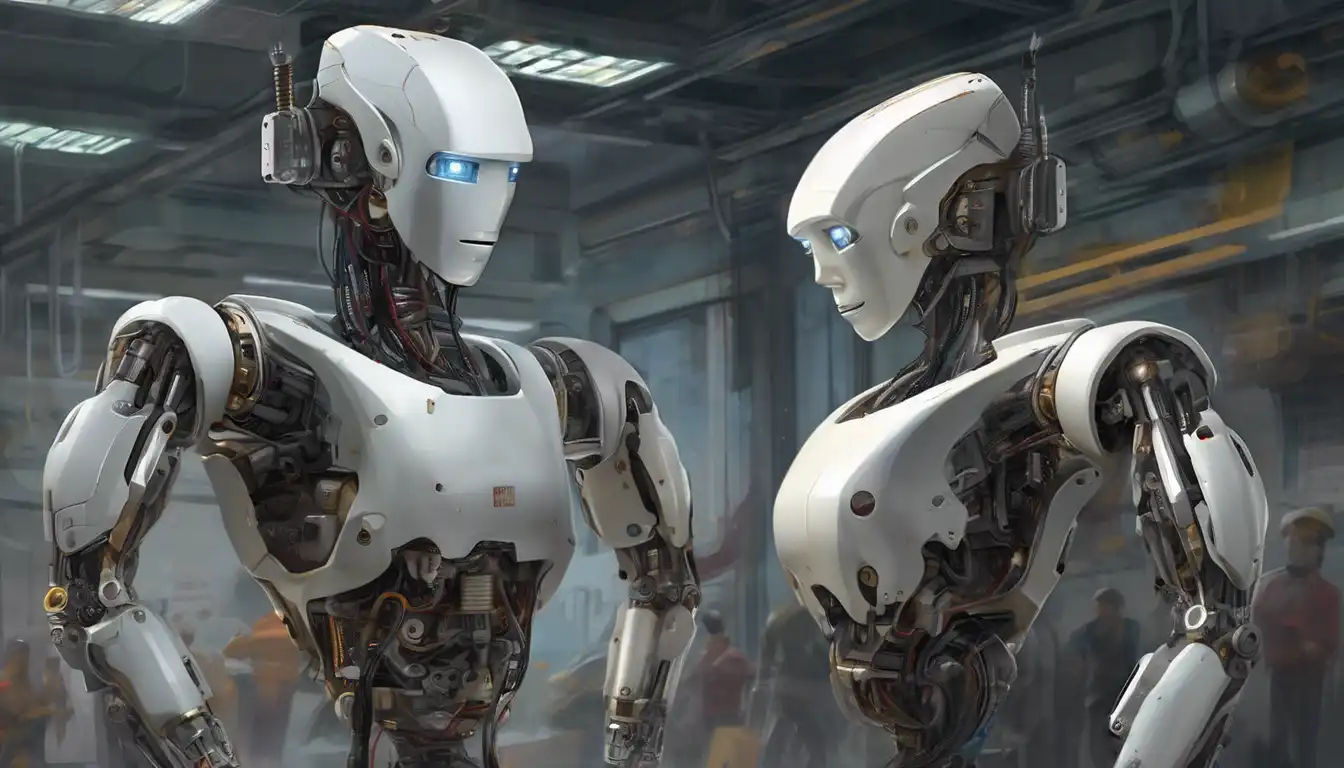Introduction to Autonomous Robots and Ethics
The advent of autonomous robots has ushered in a new era of technological advancement, raising profound ethical questions. These self-operating machines, capable of performing tasks without human intervention, are becoming increasingly prevalent in various sectors, including healthcare, manufacturing, and even domestic settings. As we integrate these robots into our daily lives, it's imperative to consider the ethical implications of their autonomy.
The Ethical Dilemmas of Autonomous Decision-Making
One of the most pressing ethical concerns is the capacity of autonomous robots to make decisions that can have significant consequences. For instance, in the event of an unavoidable accident, how should a self-driving car prioritize the safety of its passengers versus pedestrians? This scenario, known as the trolley problem, highlights the complexity of programming ethical decision-making into machines.
Accountability and Liability
Another critical issue is determining accountability when autonomous robots cause harm or damage. Unlike traditional machines, autonomous robots can learn and adapt their behavior over time, making it challenging to pinpoint responsibility. Should the manufacturer, the programmer, or the robot itself be held liable? This question remains a topic of intense debate among ethicists and legal experts.
Privacy Concerns
Autonomous robots often rely on vast amounts of data to function effectively, raising concerns about privacy and data security. The potential for misuse of personal information collected by these robots is a significant ethical concern that must be addressed to ensure trust and acceptance among users.
Ensuring Ethical Development and Use
To navigate these ethical challenges, it's essential to establish guidelines and frameworks for the development and use of autonomous robots. This includes incorporating ethical considerations into the design process, ensuring transparency in how these robots make decisions, and fostering collaboration between technologists, ethicists, and policymakers.
Conclusion
The ethics of autonomous robots is a multifaceted issue that requires careful consideration and ongoing dialogue. As technology continues to evolve, so too must our ethical frameworks to ensure that the benefits of autonomous robots are realized without compromising our moral values. By addressing these challenges head-on, we can pave the way for a future where humans and robots coexist harmoniously.
For further reading on related topics, explore our articles on Artificial Intelligence and Machine Learning.
